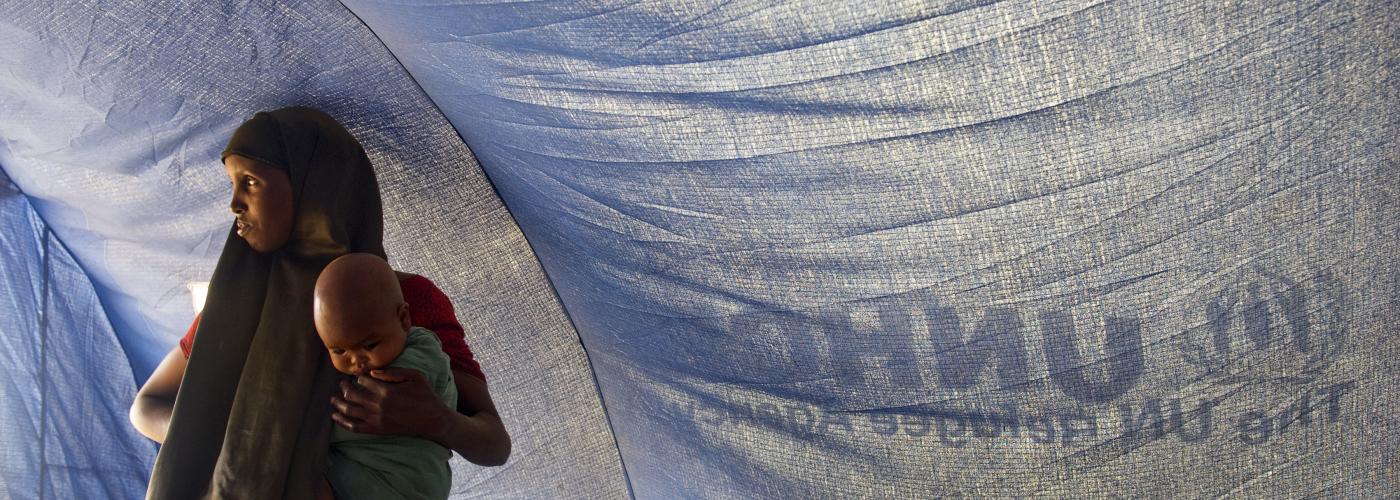General information
Title
Food Smart Cities in East Africa: healthy, sustainable and nutritious food for all
ID
XM-DAC-2-10-8165
CRS ID
2022008165
Start date
End date
Activity status
Implementation
Budget
€2.942.426
Actor
NGO RIKOLTO (ex-VECO)
Sector
Multisector - Food security policy and administrative management
Policy markers
Nutrition 1
Gender 1
Environment 1
Good Governance 1
Biodiversity 1
Climate: Mitigation 1
Climate: Adaptation 1
Trade Development 1
Aid type
Core support to NGOs, other private bodies, PPPs and research institutes
Fragile state
No
Least developed country
No
Budgetline
54 20 356072 NGO Programs
Finance type
GRANT
Tied status
No
Flow type
ODA
Body
General
Urban food environments and food supply chains in five East African cities are more inclusive, resilient, and enabling healthy, sustainable & nutritious diets (HSN) for all citizens, especially women, youth and vulnerable groups. Our ambition is to have catalysed collective action among local food system actors to make urban food environments and food supply chains more conducive to healthy, sustainable and nutritious (HSN) diets for all citizens as part of resilient and inclusive city region food systems in at least 5 cities in East-Africa. We hope to affect change in three domains:
1. Healthy and nutritious food is produced in an efficient and sustainable way (sustainable food production)
2. Urban food markets are inclusive of smallholder producers, vulnerable citizens, the youth and women (inclusive markets).
3. An enabling policy, financial and normative environment at local, national and international level incentivises healthy, sustainable and nutritious diets (enabling environment).
The interaction between these 3 domains of change is expected to make healthy, sustainable, and nutritious diets more affordable, more accessible, and more desirable, enabling citizens to adopt such diets.
The Food Smart Cities programme will be implemented in minimum 5 cities in at least 3 countries of the East African region which include Tanzania, Uganda and Rwanda. It will have enabled at least 150,000 consumers to directly access safe, healthy, and nutritious food that is affordable, convenient to purchase, and culturally acceptable. The target is to reach directly at least 7,500 smallholders feeding at least 5 city regions. Besides the direct impact of the programme, our aim is to foster the upscaling of innovative, sustainable and inclusive models within cities and contribute to local systems change and multiply our impact.
The programme contributes to Rikolto’s global Food Smart Cities programme that ambitions to work with 30 cities in 14 countries. It is built around 4 key approaches: evidence for impact, inclusive business facilitation, a sustainable food systems approach and a sustainable sourcing landscape approach.
Documents
Documents


